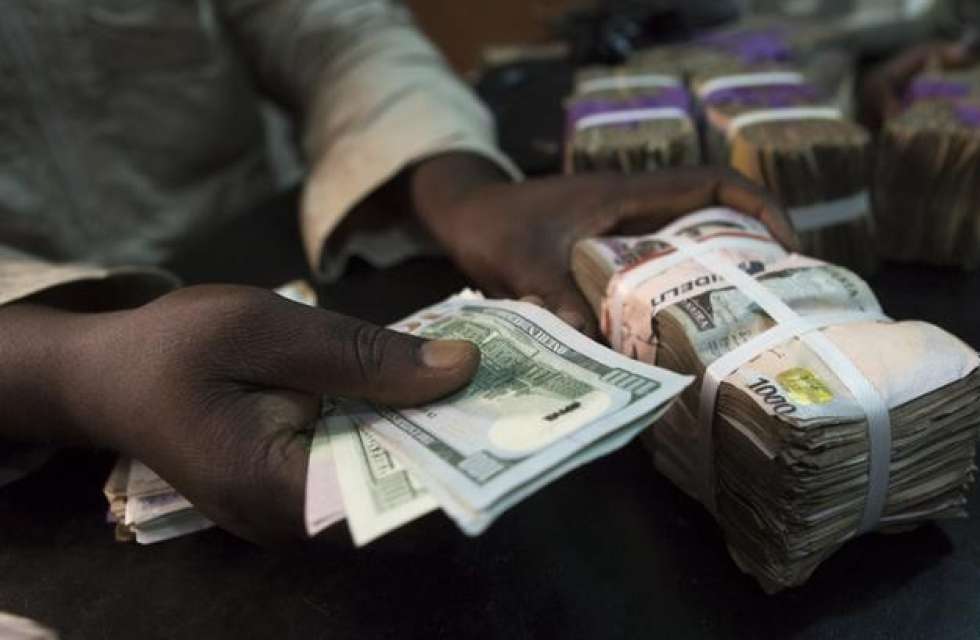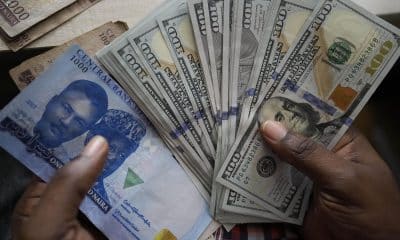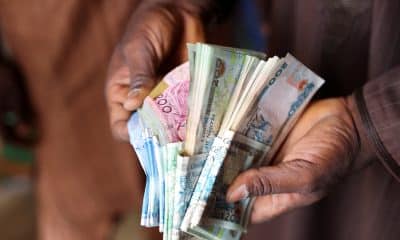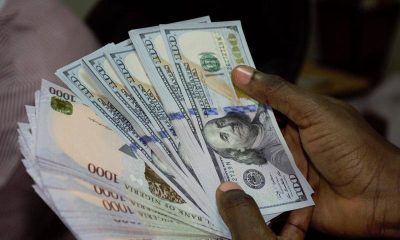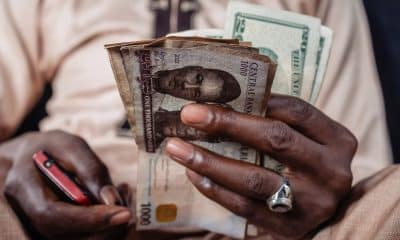Nigeria News
Naira Appreciates Against US Dollar In Last Day Of April
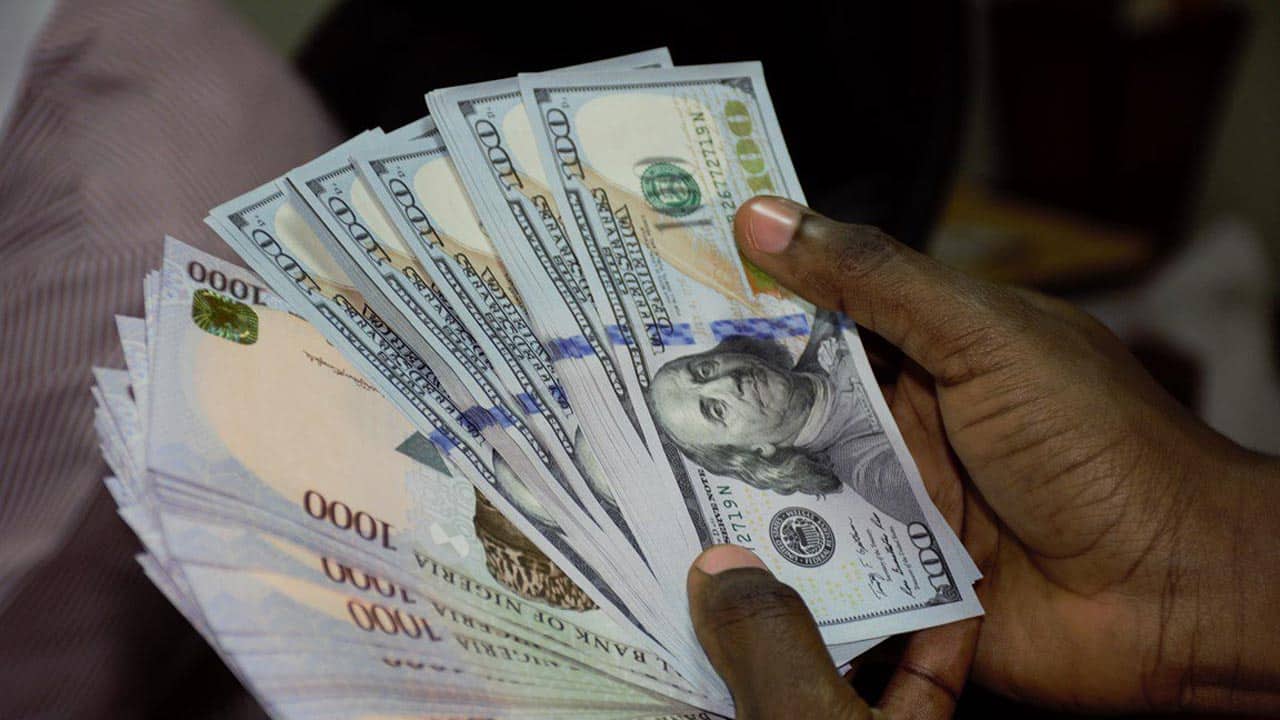
The Nigerian currency, the Naira, ended the month of April on a positive note, as it gained ₦28.15 at the official market, trading at ₦1,390.96 to the dollar.
According to data from the FMDQ Exchange, this represents a 1.98% appreciation for the Naira, which is a significant increase compared to the previous trading date.
Naija News reports that the local currency had been experiencing a steady decline for about two weeks, but this gain marks a turnaround.
Additionally, the volume of currency traded also saw an increase, with the daily turnover reaching 225.36 million dollars on Tuesday, up from 147.83 million dollars on Monday.
At the Investor’s and Exporter’s window, the Naira traded between ₦1,450 and ₦1,200 against the dollar.
Naira, Argentine Currency Makes List Of Top 5 Currencies Performing Poorly Against U.S. Dollar (Full List)
Meanwhile, a recent report by Statisense has ranked the Nigerian Naira and the Argentine Peso among the top 15 weakest currencies against the U.S. dollar, highlighting ongoing economic challenges in both nations.
Naija News reports that this revelation follows a considerable depreciation in the value of the Naira.
The currency hit a record low in March, exchanging at over ₦1,900 to a dollar before significantly improving to ₦1,100.
However, recent trends indicate a continued decline, with the Naira currently trading for over ₦1,300 to the dollar. This fluctuation underscores the naira’s persistent volatility and weakening stance in the global currency market.
According to the Statisense report, the top 5 currencies listed to be performing poorly against the dollar were Lebanon, Syria, Argentina, Nigeria and South Sudan, respectively.
Malawi, Angola, Turkiye, Egypt, Zambia, Venezuela, Burundi, Belarus, Congo, and Laos are also among the 15 countries whose currencies are performing poorly against the U.S. dollar.
The report situates the Naira and the Argentine Peso within a broader context of global economic instability, where multiple countries are grappling with inflationary pressures, political instability, and challenges in the financial sector.
In Nigeria, factors such as fluctuating oil prices, foreign exchange reserve pressures, and speculative activities are exacerbating the situation, leading to a continuous depreciation of the Naira.
Similarly, Argentina has been dealing with longstanding economic difficulties, inflation, and fiscal deficits that have weakened the Peso.

